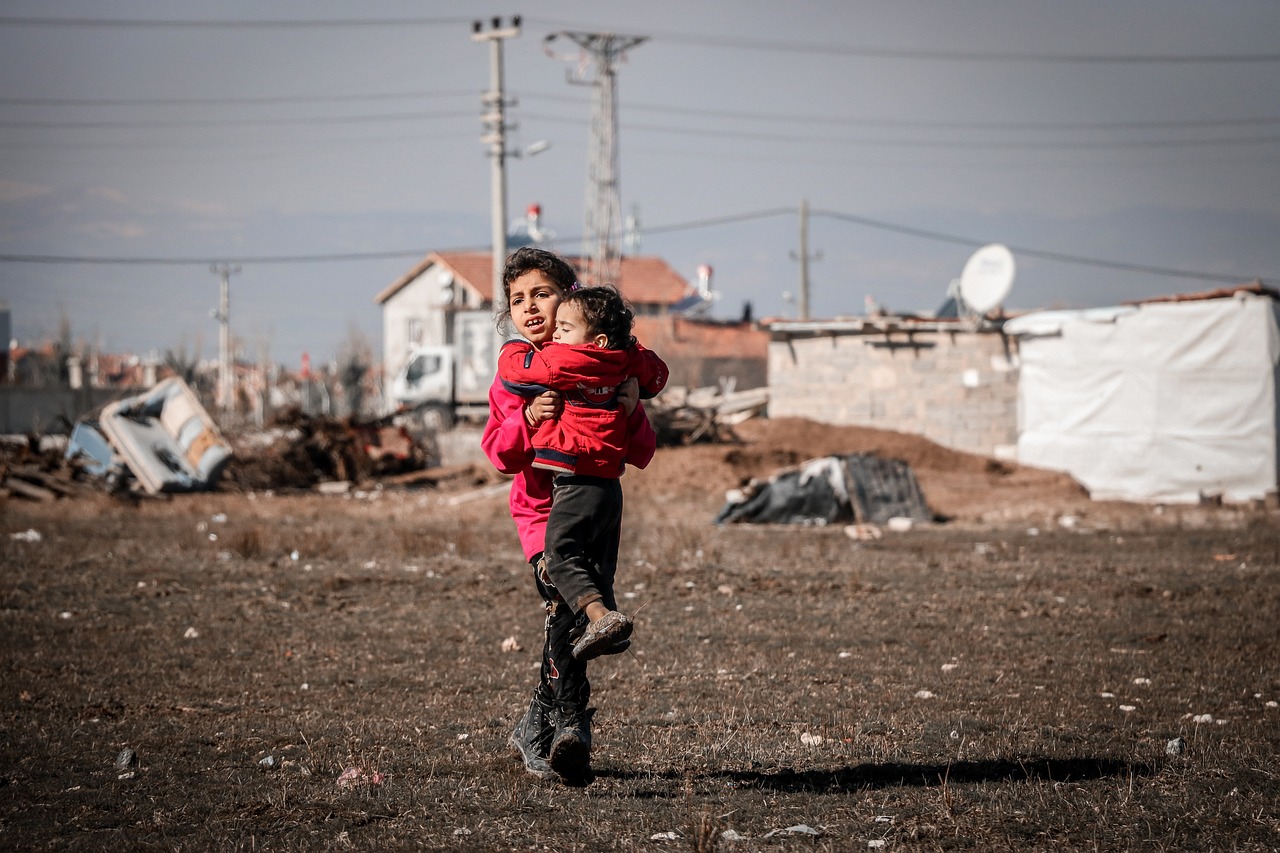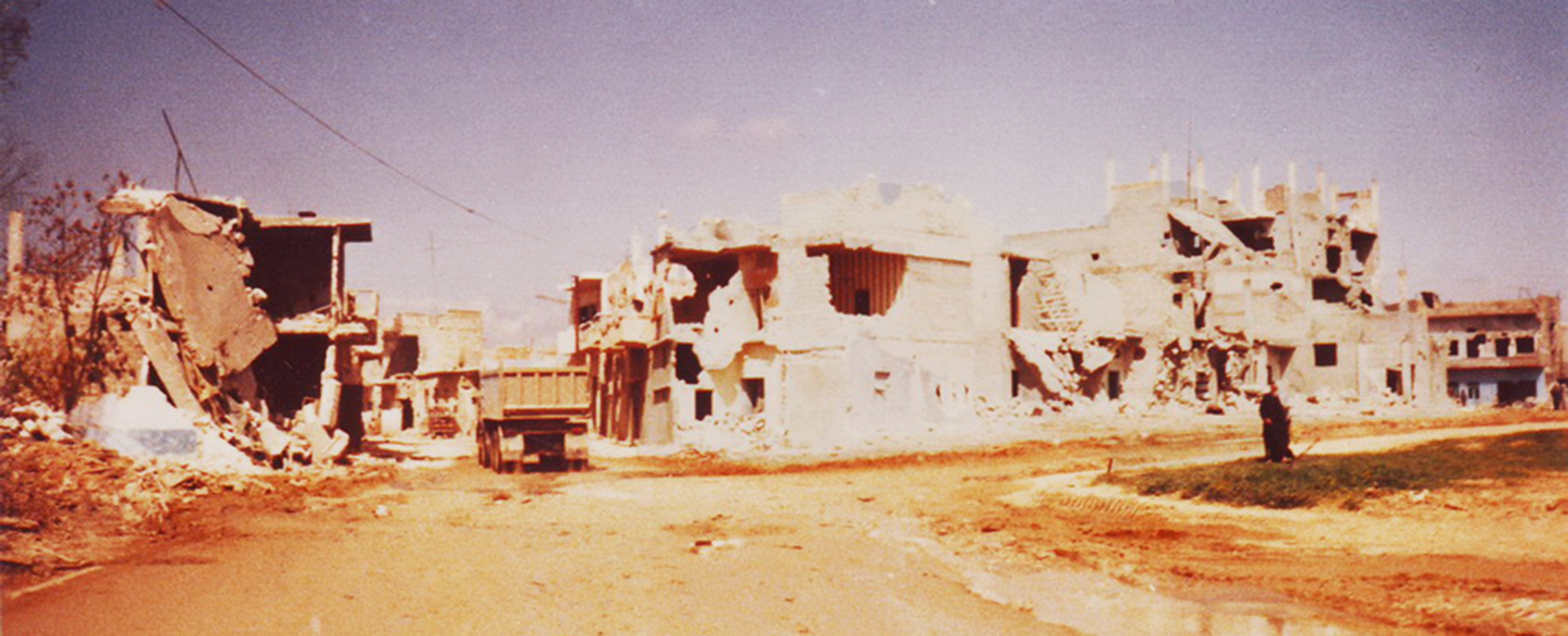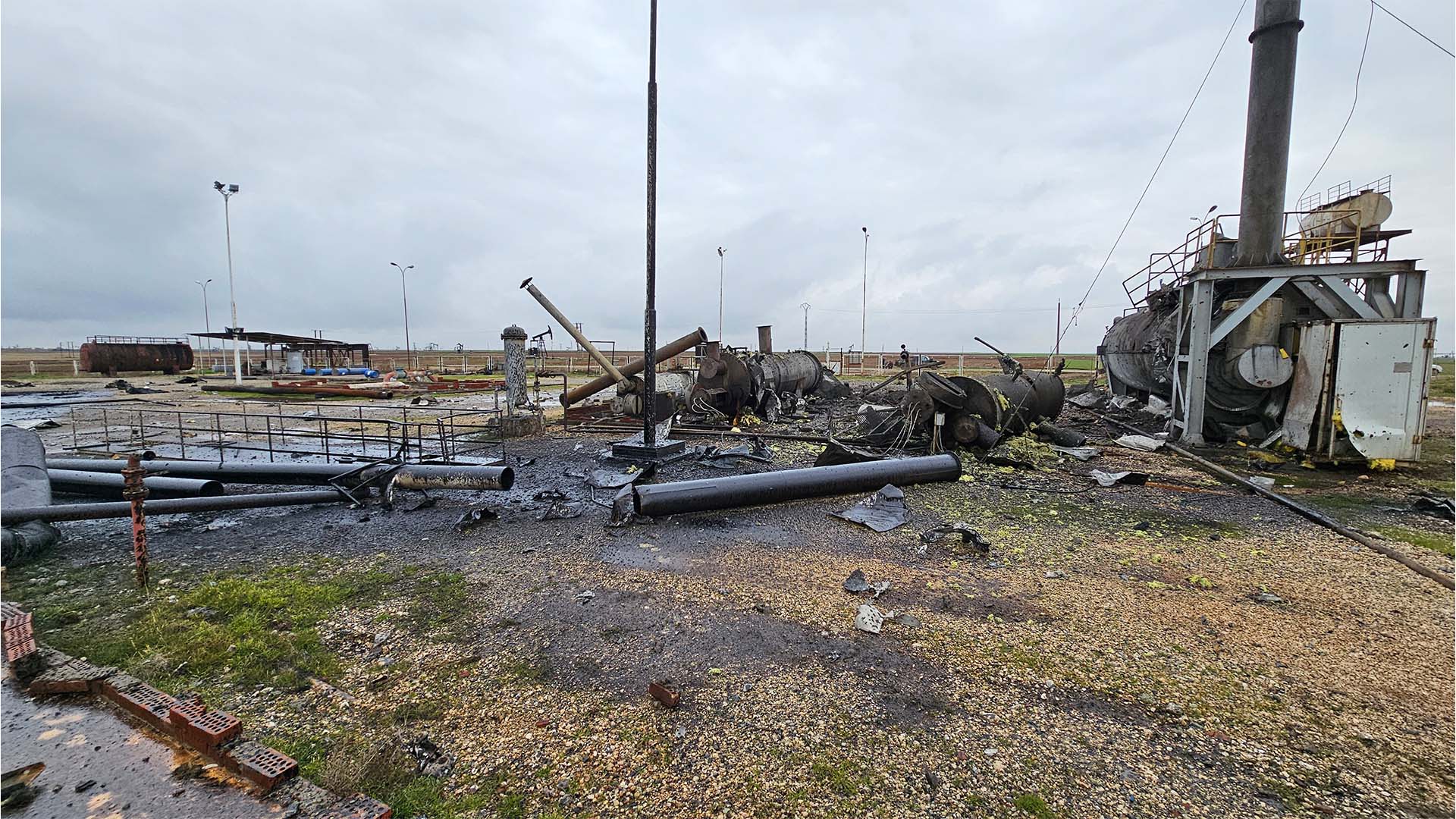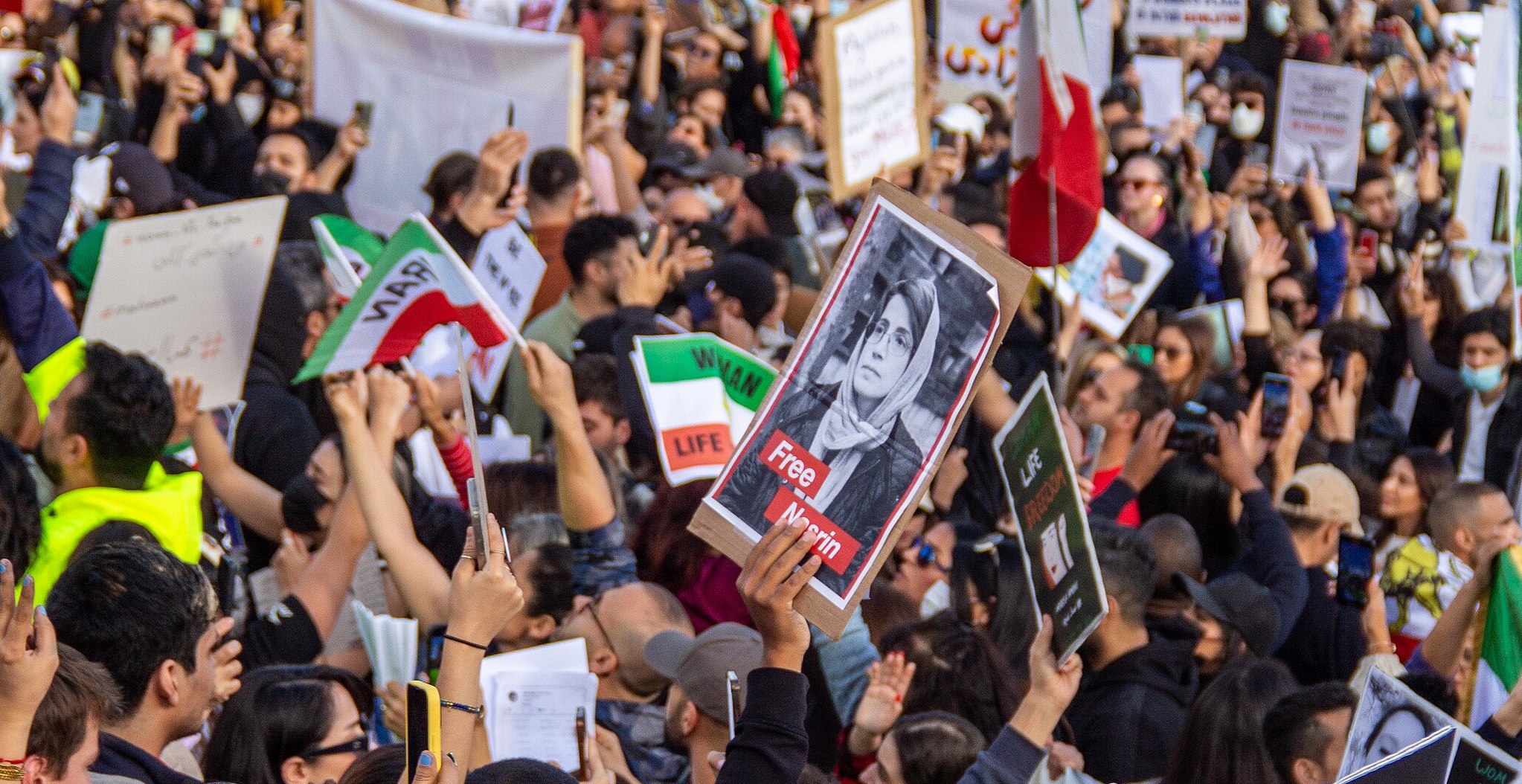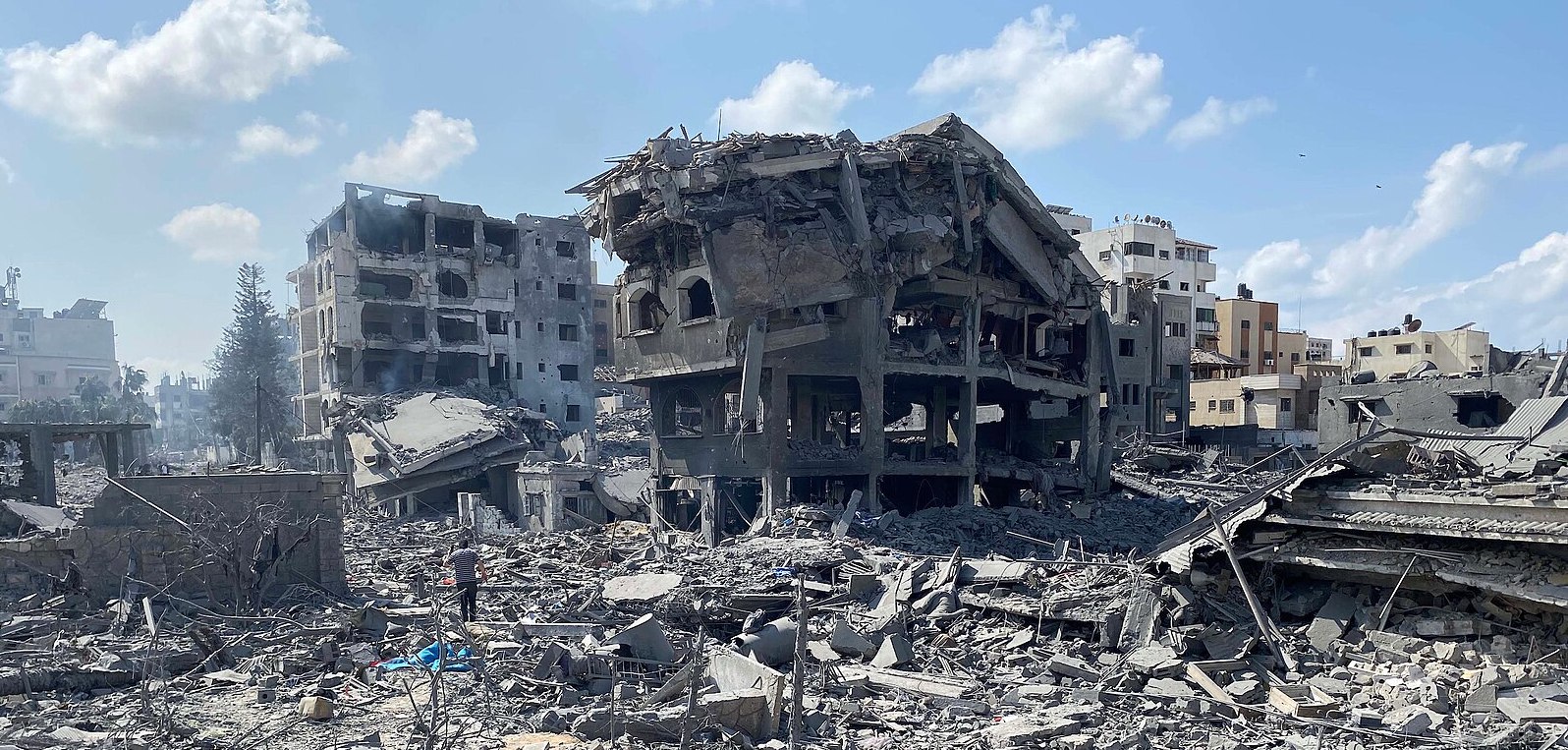Germany: ISIS suspect arrested for war crimes
The German Federal Criminal Police arrested a suspect identified as Sohail A, said to be a former member of the Syrian insurgent group Liwa Jund al-Rahman and the Islamic State. Both are designated “terrorist organizations” by the German government, making membership an offense under the Criminal Code. Sohail A is also accused of participating in war crimes including forced displacement. Liwa Jund al-Rahman, or Brigade of the Soldiers of the Merciful God, carried out a 2013 “cleansing operation” in Deir ez-Zor province, in which Shi’ite residents were forcibly expelled. According to the German Prosecutor General, Sohail A glorified the operation on social media platforms as part of the group’s propaganda department. (Photo via Syria Call)




